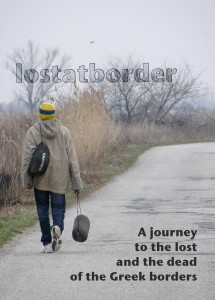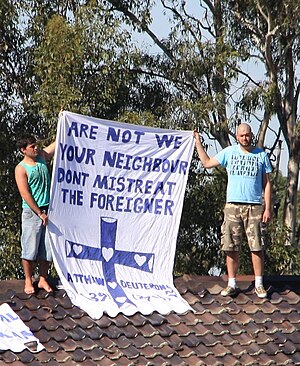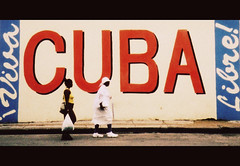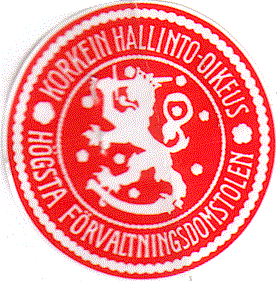By Paul Canning
Florida-based news website Cubanet
is reporting that a young transgender woman has been beaten to death in police custody in Cuba.
Eighteen-year-old Leidel Luis, who was known as Jessica, originally from
the province of Santiago de Cuba and who lived with her partner named
Yariel in Las Tunas, died after receiving a brutal beating in Guáimaro in Camaguey, southern Cuba.
It is alledged that she was picked up at a traffic stop 4 January by police calling her "faggot, nigger and disgusting."
The report is sourced to a prison inmate, Rolando Castro Sanchez who names those he alleges beat Luis to death as police officers Galindo Yarian Larena, Juan Ramon Lorenzo, their commanding officer Heriberto, and the sector chief Boris Luis Caballero. It is alleged that her body was removed after she was found dead in her cell in the middle of the night to an unknown location.
Cuba's Communist Party Congress, which opens 28 January, will
reportedly adopt pro-gay provisions.
Mariela Castro Espín, the daughter of Cuban President
Raúl Castro and the leading advocate for LGBT rights in Cuba, wrote on her blog this week that the revision of the Family Code in 2013
will include recognition of same-sex couples.
However, continuing police harassment in Cuba, including
arrests, has been reported on a number gay Cuban blogs, such as that of the
Reinaldo Arenas Memorial Foundation. Gay Cuban blogger
Francisco Rodríguez Cruz has also
condemned 'irregularities' committed by Cuban police, who, he says, have
repeatedly fined visitors to a gay meeting spot in central Havana. In September
a death in custody of a transgender man was reported in Havana.
Dissident Roberto de Jesús Guerra, who was
released from prison after two years in 2007, said last year that raids by police on LGBT meeting at several sites in the Cuban capital have been stepped up.
According to
Imbert Leannes Acosta, director of El Observatorio Cubano de los
Derechos de la Comunidad LGBT (OBCUD LGBT, Cuban Observatory of the
Rights of the LGBT), repression of LGBT in Cuba is increasing, not only
in Havana but "we have documented Matanzas [North Cuba] and Guantanamo
[East Cuba] cases." He said that his group would protest repression to
the United Nations.
The independent organisation has
not been allowed to officially register.
Under the slogan "Homosexuality is a matter of rights, not of
opinions", OBCUD LGBT ran the "National Campaign for LGBT rights" in
June 2011 which included a march 28 June.
A US
State Department document released by Wikileaks last September suggests that non-state supported LGBT initiatives in Cuba are receiving American funding.
















 Join our page
Join our page

